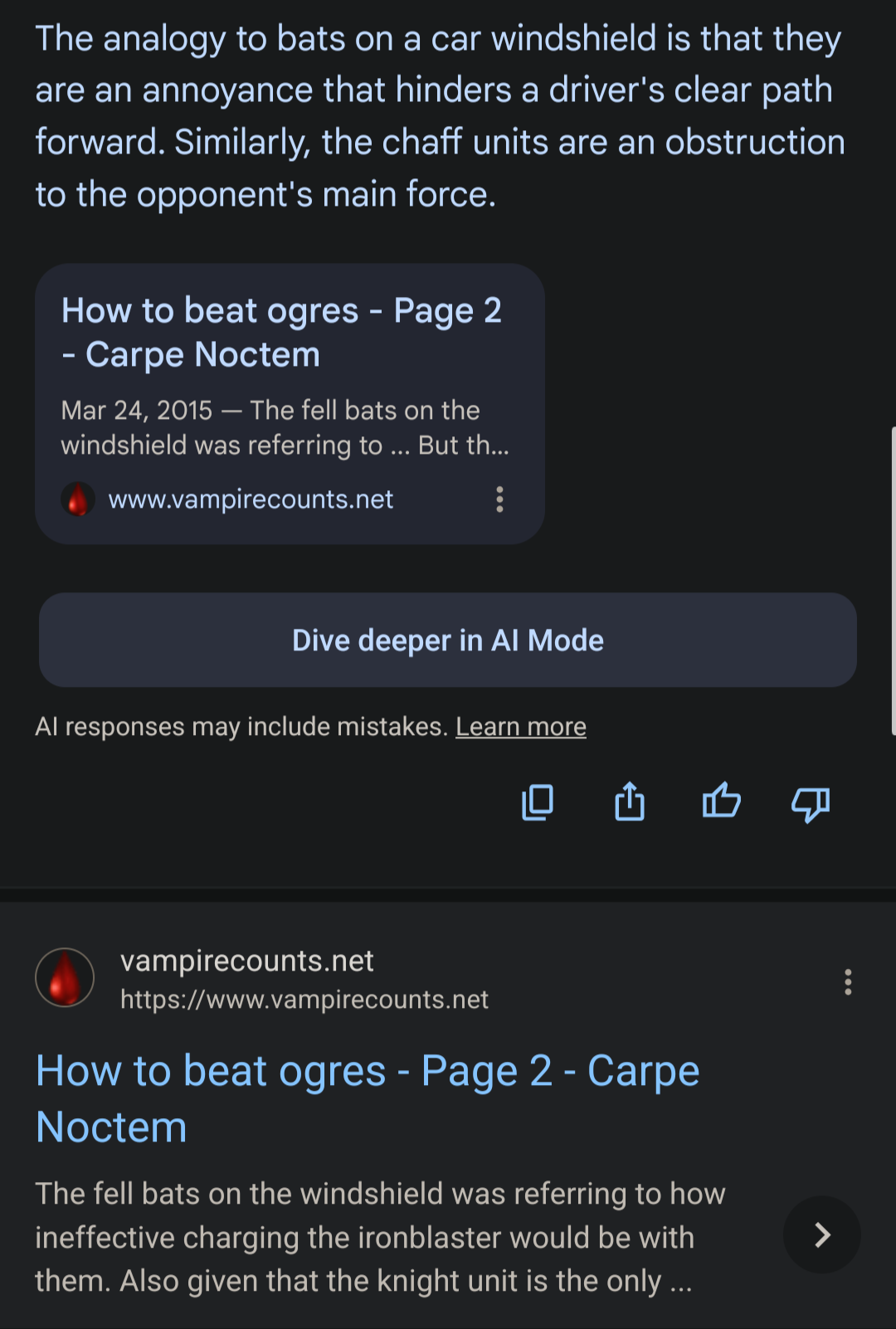Calling this comic “bait” avoids engaging with what it is actually describing. Dismissing it as provocation reframes women’s experiences as manipulation instead of responding to the pattern being shown, and that reaction itself reinforces the point.
The first panel matters. A lot of men say they want honesty, but what they often want is honesty that does not hurt. They like the idea of honesty, but do not understand how to use it to reflect, grow, or regulate themselves. When straightforward rejection is met with insults, anger, persistence, or contempt, people learn that honesty is unsafe. That is not gamesmanship. It is conditioning.
Honesty only works in environments where it is not punished. In my marriage, honesty works because my wife knows it will not be used against her. That took years of consistent behavior to build. Outside of relationships with that level of trust, honesty can carry real social and emotional risk.
Transparency is not cruelty, but it only functions as kindness when the person receiving it is capable of kindness. If you respond to honesty with hostility, you are not being harmed by truth. You are demonstrating that you cannot tolerate it.
People who claim to value honesty but lash out when they hear it are not victims of dishonesty. They are teaching others to protect themselves. If you punish honesty, you should not be surprised when people stop offering it.











I’m one of the few who has had it at the top for as long as I can remember. It absolutely infuriated me to find out the feature had been removed.